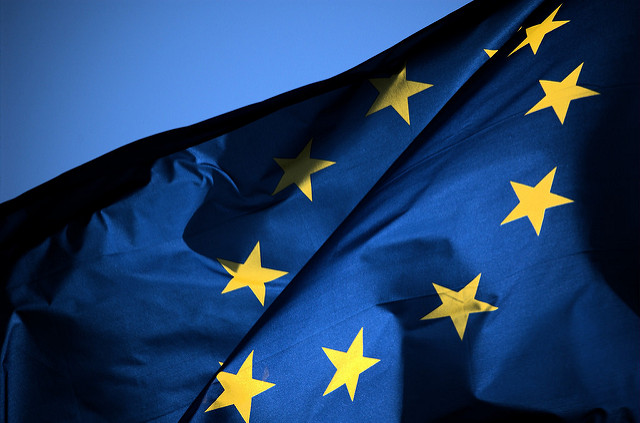
In the face of an increasingly contested international order, the European Union is strengthening its security and defence capacities.
In June, the 28 Leaders of the European Union welcomed the Global Strategy for the European Union’s Foreign and Security Policy that was presented by Federica Mogherini, the EU’s High Representative for Foreign Affairs and Security Policy.
The Strategy, released straight after the British referendum, calls for a stronger Europe to act as a security provider in a more contested global scenario.
Over the last four months the focus has been on implementing the Strategy’s security and defence plan, which is based on three elements.
The first is defining a ‘comprehensive level of ambition’. The EU Foreign and Defence Ministers agreed last November to enable the EU to respond more comprehensively, rapidly and decisively to external conflicts and crises; to enhance the security and defence capacities of our partners; and to strengthen the EU’s capacity to protect European citizens, working in an integrated manner on our internal and external security.
The second element is to strengthen the EU–NATO strategic partnership. At the NATO Warsaw Summit in July the EU Presidents of the Council and Commission and the Secretary General of NATO signed a joint declaration to give new impetus to the 15-year old partnership. High Representative Mogherini and NATO Secretary General Stoltenberg will present 40 proposals to deepen EU-NATO cooperation in seven areas, including countering hybrid threats, maritime security, cyber security and interoperable defence capabilities development .
The third element is to support the industrial basis for European Defence. The European Commission adopted on November 30 the European Defence Action Plan (EDAP). It will support defence research, unlock EU tools to invest into the whole European Defence supply chain, make a proposal for a European Defence Fund, and improve the Single Market for defence.
The 28 Heads of State and Government will discuss this political, security and industrial package at the European Council in December in Brussels.
It doesn’t entail the creation of an ‘EU Army’ (nor does NATO have its own forces), nor imply a military alliance, which is a task for NATO and its members.
The package will emerge at a critical moment and spur a new strategic momentum to guarantee the security of EU Member States and citizens and promote peace globally.
With the international rules-based order under challenge, the EU must develop its current and future security and defence capability, and enhance its strategic autonomy and ability to cooperate with its close partners. As the Global Strategy underlines there’s a direct connection between European prosperity and Asian security. In light of Asia’s economic importance to the EU (and vice versa), peace and stability in Asia are crucial for EU prosperity.
The Strategy calls for developing a ‘more politically rounded approach to Asia,’ one that seeks to make greater practical contributions to all aspects of Asian security, from continuing to support the reconciliation process in Afghanistan and promoting non-proliferation in the Korean peninsula, to upholding freedom of navigation and promoting human rights and democratic transitions such as in Myanmar/Burma. We will continue to work with our partners on the basis of respect for rule of law, both domestically and internationally.
The EU and Australia already cooperate closely on foreign and security issues including through regular meetings at the Foreign Minister level and bilateral dialogues on security, counterterrorism, Asia and migration policy. In 2015 the EU and Australia signed a Crisis Management Agreement to enable Australia to take part in EU operations, like the EUCAP Nestor operation in Horn of Africa, one of the 16 civil and military crisis management operations currently deployed by the EU globally. The EU Australia Framework Agreement, now fully negotiated and ready to sign, formalises further the areas for cooperation on foreign and security matters, including human rights, rule of law, crisis management, WMD, ICC, counterterrorism, and cyberspace.
Progress towards EU strategic autonomy should be a welcome development for our close partners, including Australia.

